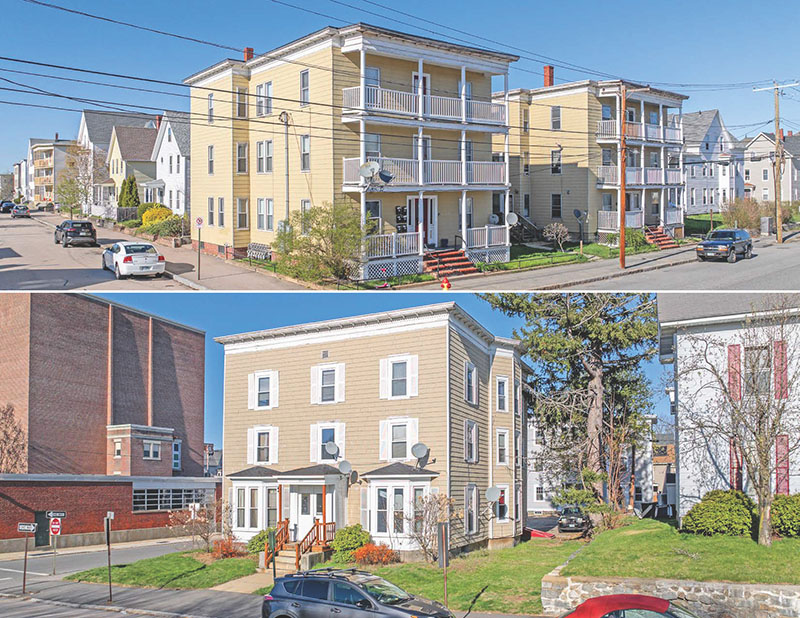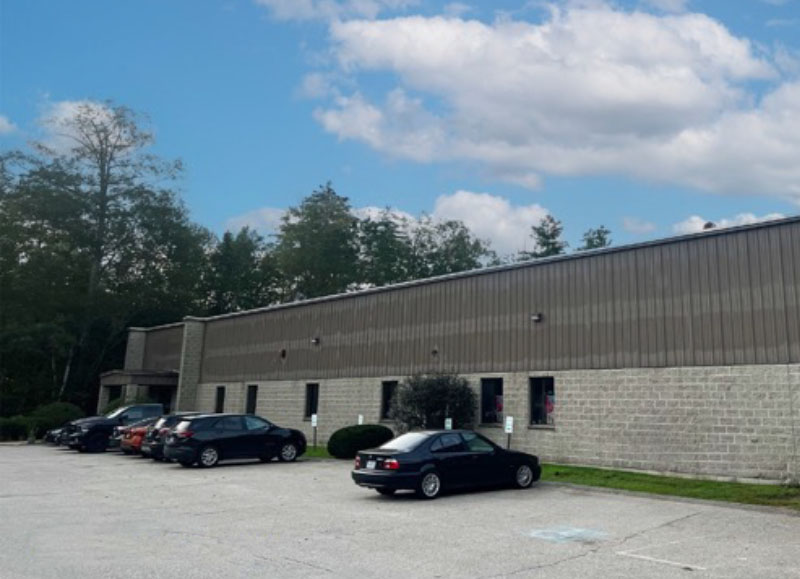News: Northern New England
Posted: January 2, 2014
2014 is upon us, and it is time to get that nose back to the grindstone
One of the advantages as we head toward winter solstice and calendar year-end, the days get shorter, so the nights are longer, allowing more time for reading. In the depths of winter I'll tackle a monster book (400, 500, 600 pages), but at this time of year I prefer short ones (less than 200 pages). So, in my nearly 4 foot tall "to be read" pile were two thought provokers: Aftershock by Robert Reich (former Secretary of Labor under Bill Clinton) and Trapped In The War On Terror by Ian Lustick.
Trapped In The War On Terror looks at the post-9/11 reaction here in the U.S., the creation of the Homeland Security Department (from 20+ existing departments and agencies) and the Patriot Act (and its extension/renewal). His premise is that we overreacted and it has placed a considerable strain on our economy, negatively impacted positive immigration and limited our privacy and individual rights, to wit, the recent NSA rulings.
The counter-claim is that there have not been any follow on 9/11 type hijackings. That is true, but at a significant cost of time, energy, privacy and resources. Here in Concord, N.H. the recent debate whether the city should accept a grant to buy an armored personnel carrier highlights the issue. Once the city of Concord owns it, it has to be staffed (more police) and they need to be trained... this is why some mayors have refused to take the short-term federal "gifts" because they have long tails. Should every municipal police force be trained and ready for anti-terrorism? What about the state police? Or the National Guard? The fact is we threw so much money at the problem, so quickly, everyone got into the game. Now, 10+ years later, scaling it back is not so easy.
Lustick argues (quite persuasively) that it is appropriate to revisit the "War on Terror," which every other country handles as a police action (not a war), especially as we crawl back from the financial abyss and try to figure out how to move forward without $1 trillion annual deficits. The current deficit is under $800 billion (so they say) but someone has to pick up the tab one of these decades and it will be a heavy, if not crushing, burden. We owe it to our children to turn the ship of sate in a more modest direction - and soon.
So Robert Reich's Aftershock, The Next Economy And America's Future was less somber but just as thought-provoking. Again, the sudden onset of the Great Recession, caught us unprepared and we (well, our elected officials on our behalf) jumped in and launched multiple programs. Again, we have not (yet) had a recurrence, but the economy has been, and continues to be, slow to pick up steam, even though the Dow is at an all time high. The financial stress flows into the political areas and partisan politics bubbles over. Reich sees this political dysfunctionality as a real risk/concern.
The most interesting part of this narrative is where Reich posits about the 2020 election where "Margaret Jones" becomes the presidential candidate for the newly formed "Independence Party." She draws enough votes to sink both the Democrats and Republicans. Her platform is zero tolerance for illegal immigrants; a freeze on legal immigration from Latin America, Africa and Asia; increased tariffs on all imports; a ban on American companies moving their operations to another country or outsourcing abroad; a prohibition of foreign sovereign wealth funds investing in the U.S.; U.S. withdrawal from the U.N., World Trade Organization, World Bank and IMF; the U.S. will end all "involvements" in foreign countries; refuse to pay any more interest on our debt to China (a.k.a. default)! Profitable companies will be prohibited from laying off workers and cutting payrolls. The federal budget must always be balanced and the Federal Reserve will be abolished... total fiction? Maybe not. Our middle class is being squeezed and the wealth disparity is severe. With the cost of education and healthcare skyrocketing, the financial and psychic stresses on workers and families is continuous. With the likes of Bob Smith and Scott Brown moving to New Hampshire to run for the senate, it is conceivable that at some point in the not-too-distant future a majority of American voters will be so frustrated that they decide to take a flyer. Alas, for every action there is a reaction and such an election could throw multiple spanners in the works!
The sudden lurch of the U.S. into an isolationist and protectionist retreat could bring on a true global depression. Reich feels our political system is not that broken and can be salvaged. We need to avoid the "politics of anger." His concluding chapter identified a dozen changes that can help right the ship. Some are pretty straightforward and some are hard to fathom. I chose to read the book because the current path is not working. My daughter, who's engaged to be married this summer, asks whether she should have a family given the political strife, unending budget deficits and the challenges of keeping pace with the cost of living (artificially miscalculated by the government - how can you leave out the cost of food and transportation from your household budget?). So, there is some serious food for thought in these 146 pages. The good news is after reading two nonfiction books, I now can treat myself to some murder and mayhem from Lee Child, Baldacci or James Hall.
Hope it was a great holiday season. 2014 is upon us, time to get that nose back to the grindstone!
Bill Norton, CRE, is president of Norton Asset Management, Manchester, N.H.
Tags:
Northern New England
MORE FROM Northern New England
PROCON and Hitchiner break ground on 57,000 s/f shared services operations facility
Milford, NH Hitchiner, in partnership with PROCON’s integrated design and construction team, has officially broken ground on a new 57,000 s/f shared services operations facility at its Elm St. campus. This building will house value-added services used across Hitchiner’s various business units,








